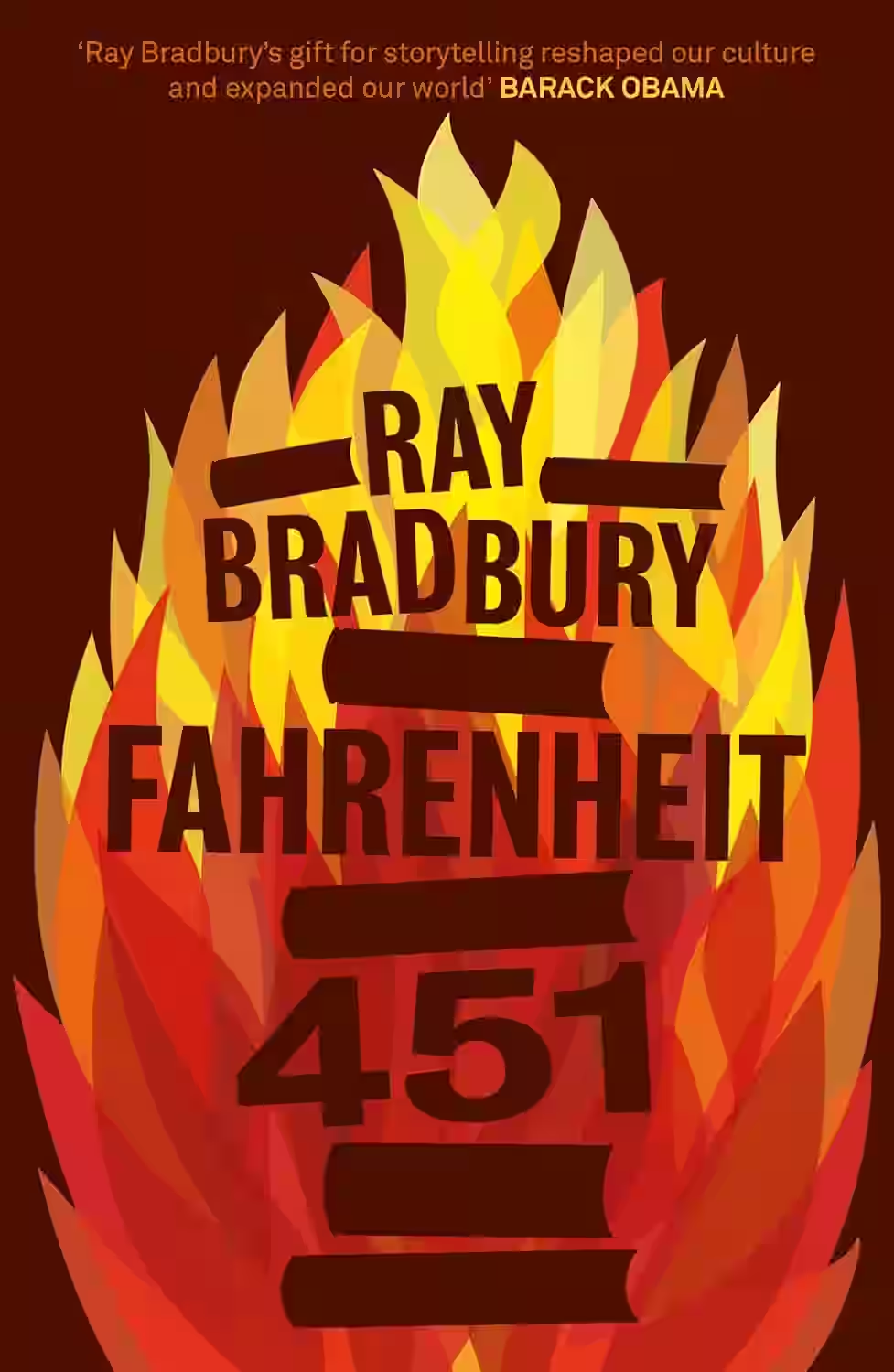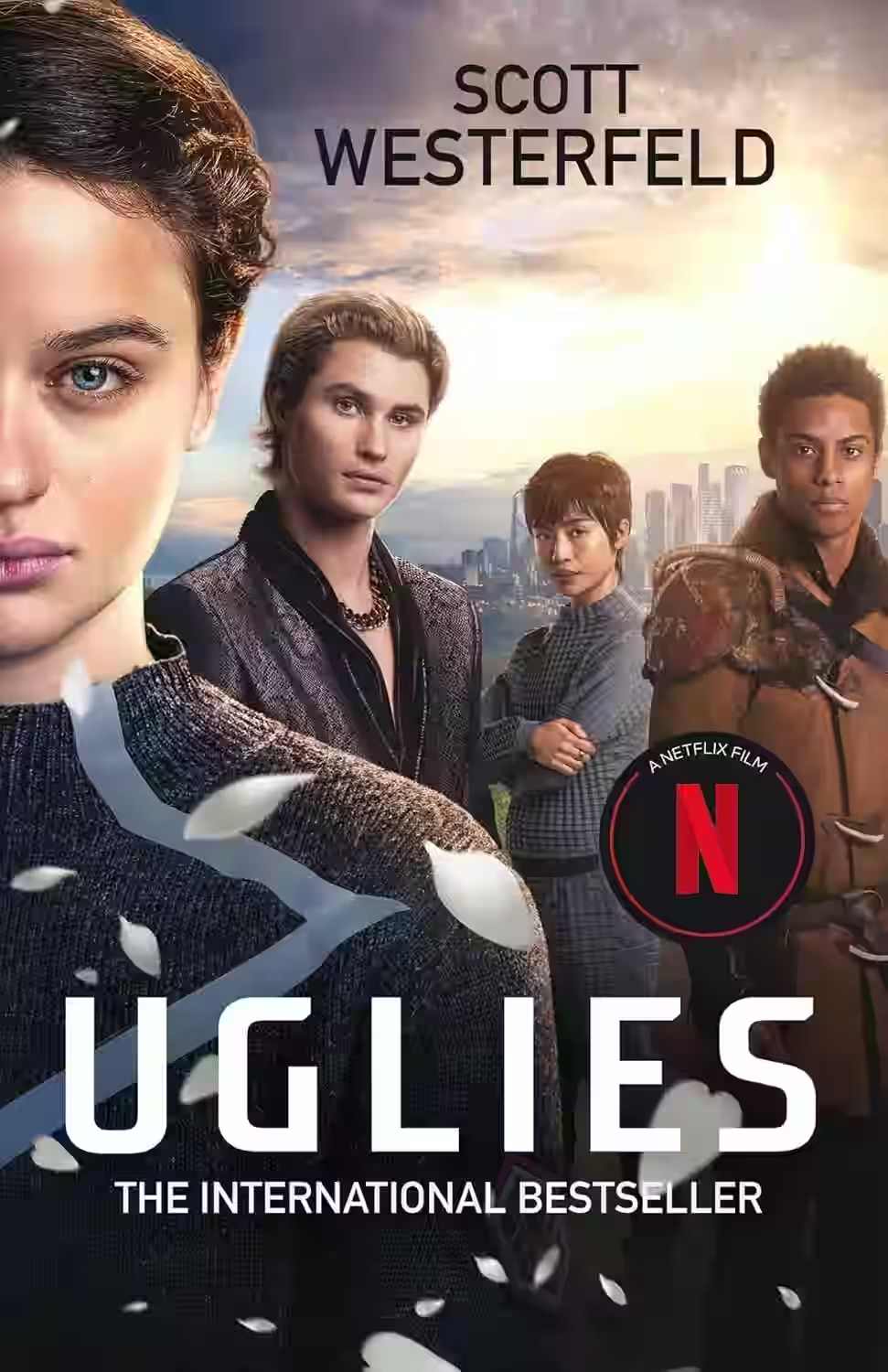
Ray Bradbury's "Fahrenheit 451" is a profound dystopian novel that delves into the consequences of a society bereft of critical thinking and free expression. Set in a future where books are banned and 'firemen' burn any that are found, the narrative follows Guy Montag, a fireman who begins to question his role in suppressing knowledge. The novel explores themes of censorship, the dehumanizing effects of technology, and the power of literature to inspire change. Bradbury's incisive commentary on conformity and intellectual repression remains remarkably pertinent, making it a timeless critique of society's foibles and the resilience of the human spirit in the pursuit of truth.
About Ray Bradbury
Ray Bradbury, born on August 22, 1920, in Waukegan, Illinois, was an American author celebrated for his contributions to speculative fiction. With a career spanning over seven decades, Bradbury wrote numerous novels, short stories, and plays that captivated readers with his imaginative storytelling and profound themes. His most famous work, 'Fahrenheit 451' (1953), is a dystopian novel exploring themes of censorship and conformity, and remains a cornerstone of science fiction literature. Another notable work, 'The Martian Chronicles' (1950), reflects on American colonization and human nature through a series of connected short stories. Bradbury's elegant prose and ability to weave social commentary with elements of fantasy and science fiction have earned him a lasting impact on contemporary literature. He received numerous accolades during his lifetime, including a Pulitzer Citation in 2007. Bradbury's visionary narratives continue to inspire readers and writers worldwide, bridging the gap between the possible and the fantastical until his passing on June 5, 2012.
Similar Books

A Clockwork Orange
A Clockwork Orange is a dystopian novel by Anthony Burgess, depicting a futuristic society where extreme violence is prevalent. The story follows Alex, a young delinquent who undergoes a controversial rehabilitation treatment that raises questions about free will and the morality of government control. The novel is known for its unique language, social commentary, and thought-provoking themes.

Under the Eye of the Big Bird
Hiromi Kawakami's "Under the Eye of the Big Bird" is a speculative fiction novel that imagines humanity on the brink of extinction in a distant future. Shortlisted for the International Booker Prize 2025, it unfolds over geological eons through a series of interconnected vignettes. In this future, humans live in small, isolated tribes, often overseen by AI entities known as "Mothers." Kawakami explores diverse forms of humanity and reproduction, with some children created in factories from animal cells, and others sustaining themselves like plants. The novel delves into profound questions about what it means to be human, examining themes of evolution, survival, love, connection, and the intricate relationship between humanity and technology. It's a meditative and unsettling vision of a faltering world, yet it also touches upon the resilience and enduring, if flawed, nature of human beings.

Red Mars
Series: Mars Trilogy (#1)
Kim Stanley Robinson's 'Red Mars' is a riveting science fiction novel set in the near future where humanity colonizes Mars. The story follows a group of scientists and colonists as they confront the challenges of terraforming the planet while navigating political intrigue and personal conflicts. Through vivid descriptions and intricate world-building, Robinson explores themes of environmentalism, human nature, and the ethics of space exploration. The book expertly blends hard science with compelling characters, creating a thought-provoking narrative that raises questions about our future both on Earth and beyond. 'Red Mars' is a must-read for fans of complex sci-fi epics.

Uglies
Series: Uglies (#1)
In Scott Westerfeld's dystopian novel 'Uglies', readers are transported to a future world where physical beauty is mandated by society. At the age of sixteen, citizens undergo compulsory cosmetic surgery to transform from 'Uglies' to 'Pretties'. The story follows Tally Youngblood, who is on the brink of her transformation, but her world is turned upside down when she meets a rebellious friend, Shay, who questions the societal norms. Themes of identity, conformity, and the nature of beauty are skillfully explored as Tally embarks on a journey that challenges her understanding of reality. Westerfeld's book offers sharp social commentary, action-packed sequences, and believable character development, making it an engaging read that probes thought-provoking issues pertinent to both adolescents and adults. 'Uglies' evokes reflection on the pressure for aesthetic perfection and the loss of individuality, resonating deeply with its readers and sparking conversations about modern beauty standards.